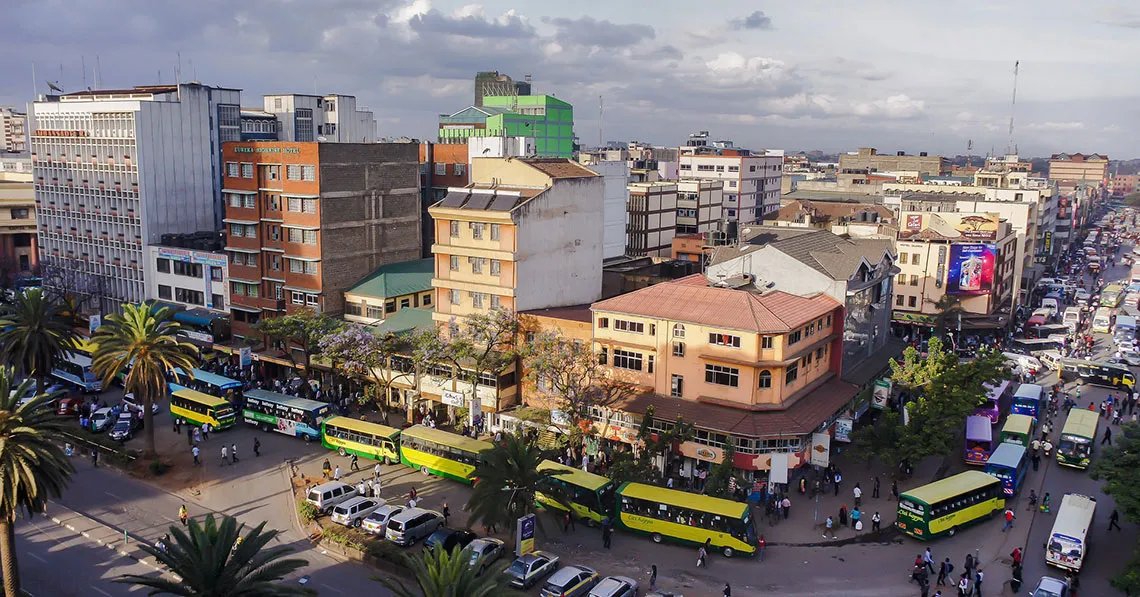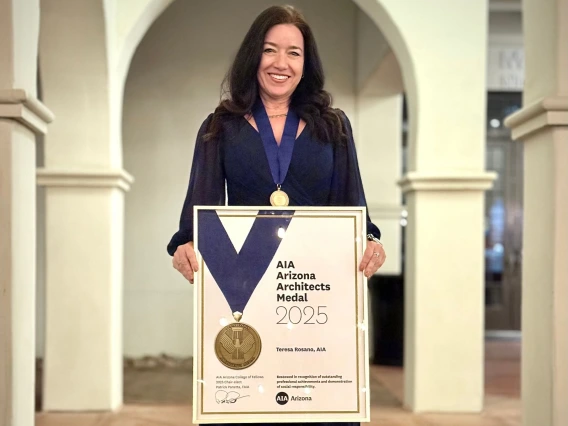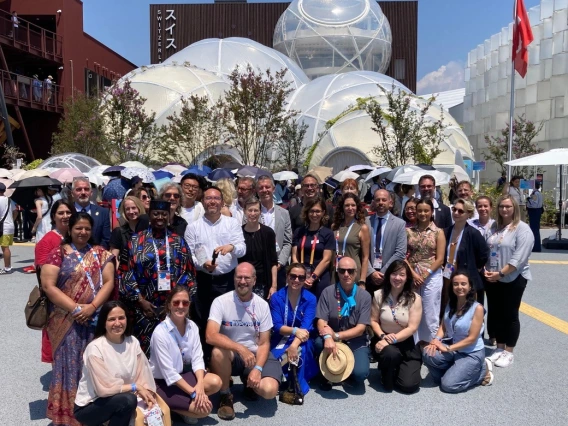Lecture Recap and Video: Seth Okyere on 'Walking the Unwalkable City: An Exploration of Walking Conditions, Experiences and Interventions in the Global South'

Seth Okyere, PhD
Visiting Assistant Professor of Urban Planning and CAPLA Emerging Faculty Fellow
In the global north, walking is presented as having both intrinsic and instrumental value, with immense benefits for the social, economic and environmental aspects of urban living. While true, this romantic view of walking finds exceptions in the global south, where walking is less of the urban ‘flaneur’ and more of the ‘captive walker’.
This lecture brings forward conditions and experiences of a walking city that is not walkable and, most importantly, resident improvisations to minimize walking inequities.
Watch the Lecture

About Seth Okyere
Seth Asare Okyere, PhD is trained in urban and development planning and is currently a visiting assistant professor at the University of Arizona. At UArizona, Seth is the Emerging Faculty Fellow engaged in interdisciplinary work on resilient and equitable urbanism in the urban north and south. He is primarily engaged in the urban planning program while extending his base across geography, planning and sustainable development solutions. He promotes mission-focused approaches to support communities and institutions to better understand their contexts as well as utilize existing potentials, tools and networks to build capacity and foster resilience to existing/emerging socio-spatial and environmental stressors and shocks.



